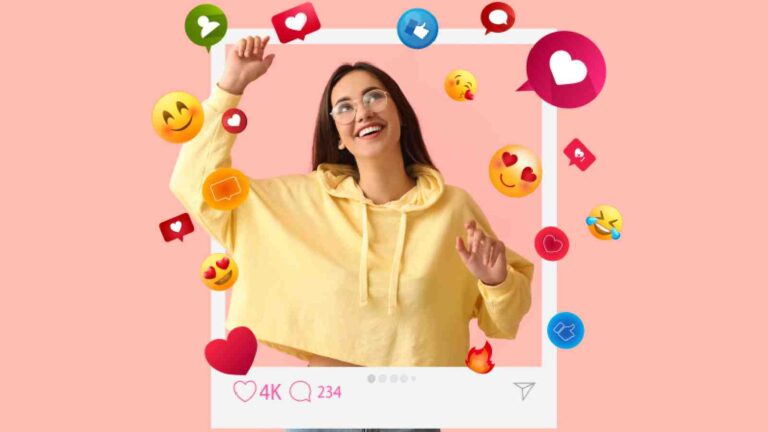
[ad_1]
In today’s time and age, social media has become an important part of our lives. With its ability to connect people from all over the world and provide instant access to information, it has transformed the way we communicate, socialise, and share our lives. However, while social media has many benefits, it also has its downsides, particularly when it comes to mental health. Recent studies have shown that excessive social media use is linked to a range of negative impacts on mental health, including body image issues, low self-esteem, and eating disorders. A group of researchers from the University College London conducted a comprehensive analysis of 50 scientific studies from 17 different countries, which demonstrated evident correlations between social media usage and issues related to body image. In this article, we will explore the research on how social media affects mental health and what can be done to prevent these negative outcomes
A recent study published in PLOS Global Public Health examines the connection between social media use and body image or eating disorders in young people. The researchers found that certain aspects of social media, such as platforms focused on sharing photos and engagement with trends promoting “fitspiration” and “thinspiration,” were strongly associated with negative impacts on mental health, disordered eating, and body image concerns in young people.

A study by Flinders University in Australia found that heavy social media use was linked to a higher likelihood of developing an eating disorder. The research involved over 1,000 young adults and showed that those who spent more time on social media were more likely to have a negative body image and increased pressure to conform to unrealistic beauty standards. This is a worrying trend that needs to be addressed, as eating disorders can have severe consequences on an individual’s physical and mental health.
The Royal Society for Public Health in the UK found that social media is associated with body image dissatisfaction, anxiety, depression, and loneliness. Social media platforms often present idealized images of beauty and success that can be unattainable and lead to low self-esteem. Moreover, social media can contribute to a sense of social isolation as people compare their lives to others online and feel inadequate. This can have significant negative impacts on young people’s mental health, leading to increased anxiety and depression.

What is being done to prevent this?
The social media industry has taken steps to address these issues. Instagram recently announced a new policy that would prevent users under the age of 18 from seeing posts that promote weight loss products or cosmetic surgery procedures. Facebook has also launched an online support group for people with eating disorders. These are positive steps, but more needs to be done to promote a healthy relationship with social media use and create awareness among young people of the risks associated with excessive social media use.
What can we do on a personal level?
It is essential to promote a healthy relationship with social media use. Parents and educators must educate young people on how to use social media responsibly and provide support for those who struggle with mental health issues related to social media use. By doing so, we can create a more positive social media experience for everyone and promote good mental health for all.

It is crucial to promote a healthy relationship with social media use and create awareness among young people of the risks associated with excessive social media use.
[ad_2]
Source link